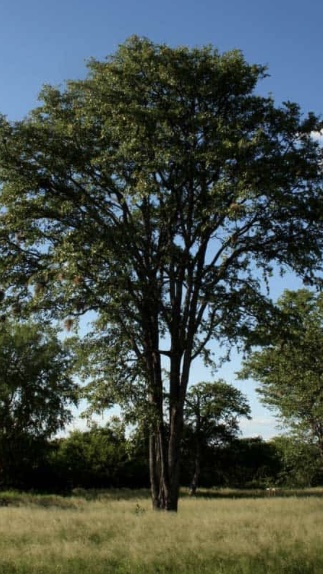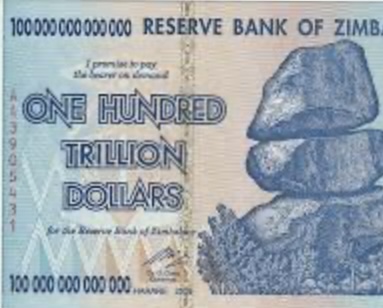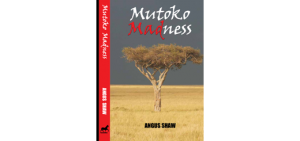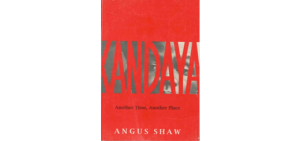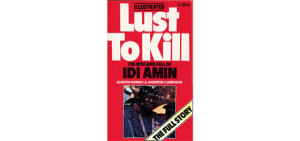‘Volcanic eruption’ in pangolin poaching
 The television network CNN called it the most poached mammal in the world that no-one’s ever heard of – the pangolin, also known as the scaly ant-eater, the shy nocturnal animal that rolls up into a ball in its armour-like scales when in danger.
The television network CNN called it the most poached mammal in the world that no-one’s ever heard of – the pangolin, also known as the scaly ant-eater, the shy nocturnal animal that rolls up into a ball in its armour-like scales when in danger.
The pangolin is endangered worldwide because it is much sought after in Asia where it is seen as delicacy and the scales are believed to have medicinal properties to cure allergies and cancer. This is the same sort of nonsense that buyers, principally in China and Vietnam, ascribe to rhino horn. The scales, like rhino horn, contain nothing but keratin, the protein found in human hair and finger nails.
As with ivory too, crime syndicates have come into play. Profits can be enormous. The Vietnamese state media says restaurants there can pay anything between $300 and $500 for a kilogram of pangolin. Not long ago, harbour officials in Vietnam inspected a shipping container listed as a shipment of frozen fish from Indonesia and found six tons of pangolins, most of them still alive. Illegal trafficking from Indonesia increased as the ant-eaters’ natural forest habitats there decreased through human encroachment.
The rare pangolin has been a protected species since 1975 in Zimbabwe but not much was heard about it except for the occasional gift of one to a chief, a tribal ‘king’ and even Mr Mugabe under an ancient local tradition of respect for both the animal and the chosen leader. Zimbabweans didn’t eat them, the unscrupulous n’anga might have used a pangolin to cast spells but generally they were returned to the wild unharmed. (pictured: the ant eater at dinner time.)
It’s a very different story today. Conservationists say there has been what they describe as ‘a volcanic eruption’ in pangolin poaching.
Law enforcement officers together with the Zimbabwe Parks & Wildlife Authority have recovered up to 3 pangolins a week since the beginning of 2016, discovered mostly in ‘sting’ operations against suspects. Once rescued by police and rangers the live animal is handed over for care and rehabilitation to the Tikki Hywood Trust, a Zimbabwe-based conservation group which has specialised in protecting pangolins and relocating and them for more than two decades. Already this year the Trust has received 16 pangolins from 14 criminal cases.
 The Trust, the police and National Parks have accounted for 26 pangolin poachers arrested since the start of the year; 9 of the poachers have been convicted to the mandatory 9 year jail sentence for the illegal possession of a pangolin.
The Trust, the police and National Parks have accounted for 26 pangolin poachers arrested since the start of the year; 9 of the poachers have been convicted to the mandatory 9 year jail sentence for the illegal possession of a pangolin.
The numbers for the whole of 2015 are equally alarming. Last year saw 83 pangolin poachers arrested with 47 of them being sent to jail for the mandatory 9 years; this amounts to more than the combined arrests for elephant and rhino poaching in the same period. The sentence for poaching or being in the illegal possession of a pangolin – 9 years in jail – is the strictest pangolin poaching penalty in the world.
The latest figures compare to 18 cases of pangolins being rescued in 2013, ten the year before and two each in 2011 and 2010.
No one knows the population of the reclusive pangolin in Zimbabwe or, for that matter, in any of the 35 pangolin range states throughout the world. The pangolin only eats ants and termites and their eggs, it is harmless, it is not aggressive, it hides away by day and only goes foraging at night.
According to the International Union for the Conservation of Nature (IUCN) the Asian pangolin is verging on extinction now.
The surge in local arrests is a remarkable success story emerging from a lengthy pangolin outreach and awareness programme run by the Tikki Hywood Trust that has embraced police, National Parks, magistrates, prosecutors and communities at large.
The massive surge is poaching is attributed to ‘outside cultural pressure’ and ‘a multiple group of dynamics’ including the latest onslaught against the Asian species that opened Asian markets to the African pangolin.
 The pangolin has often been seen as a symbol of good fortune. This Vietnamese stamp is dated 1965 and the ant eater’s good fortune probably began running out there about then in the carpet bombing and the era of Agent Orange in the Vietnam war.
The pangolin has often been seen as a symbol of good fortune. This Vietnamese stamp is dated 1965 and the ant eater’s good fortune probably began running out there about then in the carpet bombing and the era of Agent Orange in the Vietnam war.
Nor did the pangolin bring much good fortune to Zimbabwe’s erstwhile coinage.



